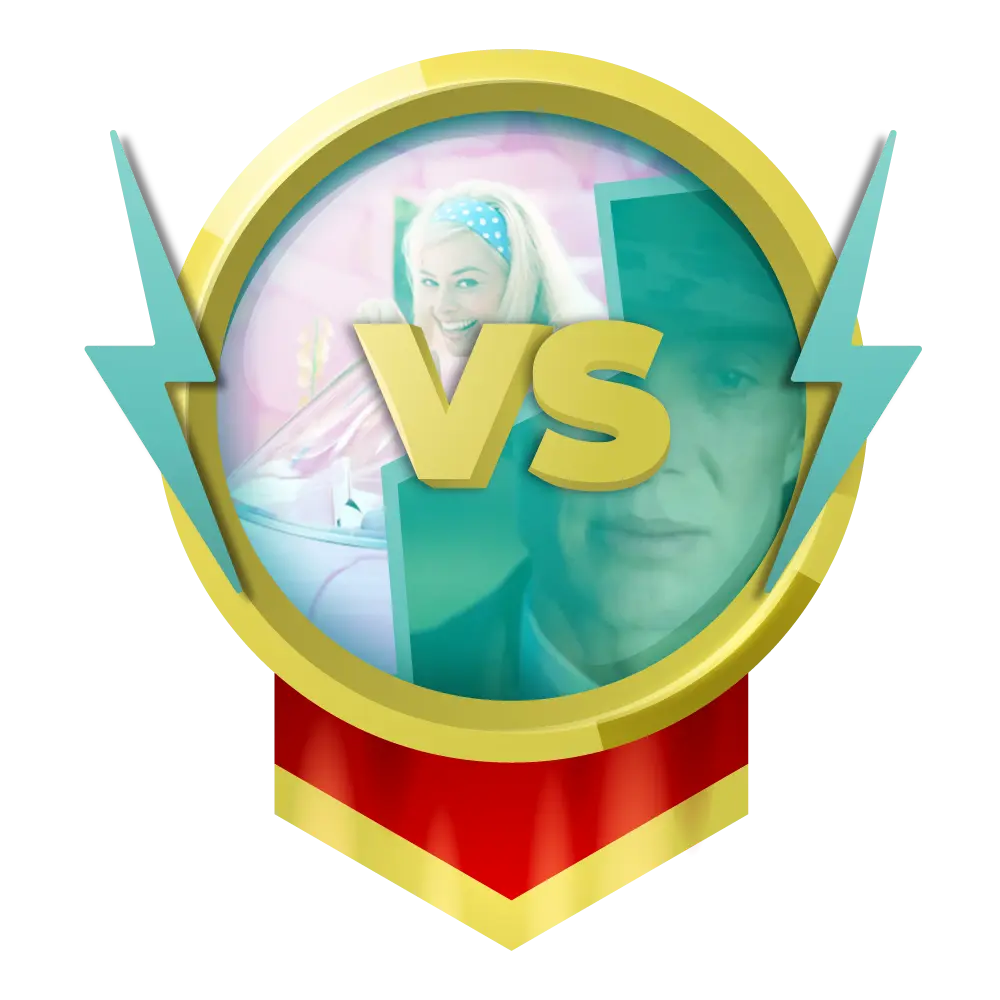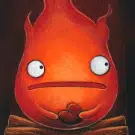Hello Peliplaters!
I hope my title didn't scare you 😉
Stories featuring murderers as protagonists come out every year, but this year has been particularly abundant, with several hits dominating the trending charts for weeks. Netflix released Hit man mid-year, featuring university professor Gary Johnson, who transitions from an "amateur fake hitman" to an actual murderer—generating significant buzz upon release. Last month, they released Murder Mindfully, showcasing lawyer Bjorn Diemel, who accidentally applies mindfulness techniques to murder. While not as popular as Hit man, it received high praise in niche circles, and Netflix quickly renewed it for a second season. Apple+ contributed with Presumed Innocent, where a prosecutor becomes a murder suspect, as well as Dark Matter, featuring a mad scientist traveling through multiple universes to kill different versions of himself.

As for Paramount+, perhaps like Harvey's dismissal of Elizabeth in The Substance (2024), they found Michael C. Hall too old at 50+ and opted for the younger Patrick Gibson to star in Dexter: Original Sin, telling the story of Dexter's evolution from student to serial killer. (Just kidding—I love Michael C. Hall, and the new show is fantastic!)
When I see people around me discussing these murderous protagonists with star-struck eyes like devoted fans, my curiosity stirs. I can't help but wonder: "Is Hollywood idolizing murderers?" The question itself is unsettling.
When I repeat this question in my mind, I feel a wave of revulsion. "Idol" and "Murderers"—what a disturbing, unjust combination. Yet I quickly realize there's a hint of hypocrisy in my disgust; I seem to be trying too hard to distance myself from any connection to them. If you asked about my guilty pleasures in watching, these murderer-centered shows would be my first admission. So I, who raise this question, must also examine myself. Hollywood producers always prioritize audience satisfaction, and when I watch these stories without missing an episode, I, too, am participating in this idolization.
Perhaps I should rephrase the question: "Are we, the audience, idolizing murderers?"
During my college years, psychopathic murderers were fixtures in horror films. In my memory, the friendly-looking motel owner Norman Bates was the first murderer to appear as a protagonist in a film. Psycho may be a 1960 movie, but I have no doubt that if released today, it would still be one of this year's biggest hits. For several weeks after watching it, I was afraid of smiles from strangers—in California, where almost everyone smiles when your eyes meet. Beyond Norman Bates, there's the deranged writer Jack Torrance in The Shining, Billy Loomis in Scream, Michael Myers in Halloween... These characters, masked or unmasked, only inspire chills rather than idol worship.
So, what went wrong? Perhaps the behind-the-scenes story of American Psycho can give us some clues.

American Psycho, both as a film and novel, is a dark horror comedy that satirizes 1980s yuppie culture and consumerism through its protagonist, Patrick Bateman. Following its 1991 publication, the novel faced significant restrictions—the American Library Association ranked it as the 53rd most banned and challenged book of the 1990s. The story follows a New York investment banker, Patrick Bateman, who leads a double life as a serial killer. By day, he maintains an impeccable facade of sophistication and competence; by night, his pathological and narcissistic nature emerges as he brutally murders innocent victims.
Though author Bret Easton Ellis considered the novel "unsuitable and unnecessary" for film adaptation, the project attracted intense interest from Hollywood. Christian Bale, determined to play Patrick Bateman, emerged as its most passionate advocate. Despite Lionsgate's resistance — they offered $20 million to cast DiCaprio instead—Bale held out for nine months, turning down other roles against his agent's advice. He eventually secured the part for just $50,000.
Yet no one anticipated how the internet would later reinterpret Patrick Bateman's character. While the film portrays him as an empty, psychopathic killer, social media memes celebrate him as a "Sigma Male" icon. This misreading not only contradicts the intentions of both novel and film but ironically reinforces the story's central theme: people fixate on surface appearances while ignoring the rot beneath.
The irony deepens in how the film's characters dismiss Bateman's explicit confessions of murderous intent as jokes—a pattern now echoed by internet culture, where scenes of Bateman's axe murders circulate as lighthearted memes. Such misuse likely stems from people sharing content without understanding its context, as anyone who's actually watched the film would recognize its darker implications.
Therefore, the notion that "the audience is idolizing murderers" proves inaccurate. We can't classify people who haven't seen the film as its audience, nor can we accuse meme-sharers of idolizing murderers when they're unfamiliar with the character's true nature.
So, who's idolizing murderers? At this point, the question seems more absurd than frightening.
This reminds me of the Two Wolves folk tale, where a grandfather tells his grandchildren about two wolves battling within each person—one representing good and the other, evil. When the children ask which wolf wins, the grandfather replies: "Whichever one you feed."
Though thought-provoking, this tale isn't ideal for children's education. It presents an oversimplified view of good versus evil. As humans, we carry both aggressive and cooperative instincts in our genes. Looking at ourselves honestly reveals just how complex and contradictory we can be.
Perhaps we should ask instead: "Which part of ourselves is drawn to these stories?"
What do you think, Peliplaters?





















































View replies 1
View replies 1